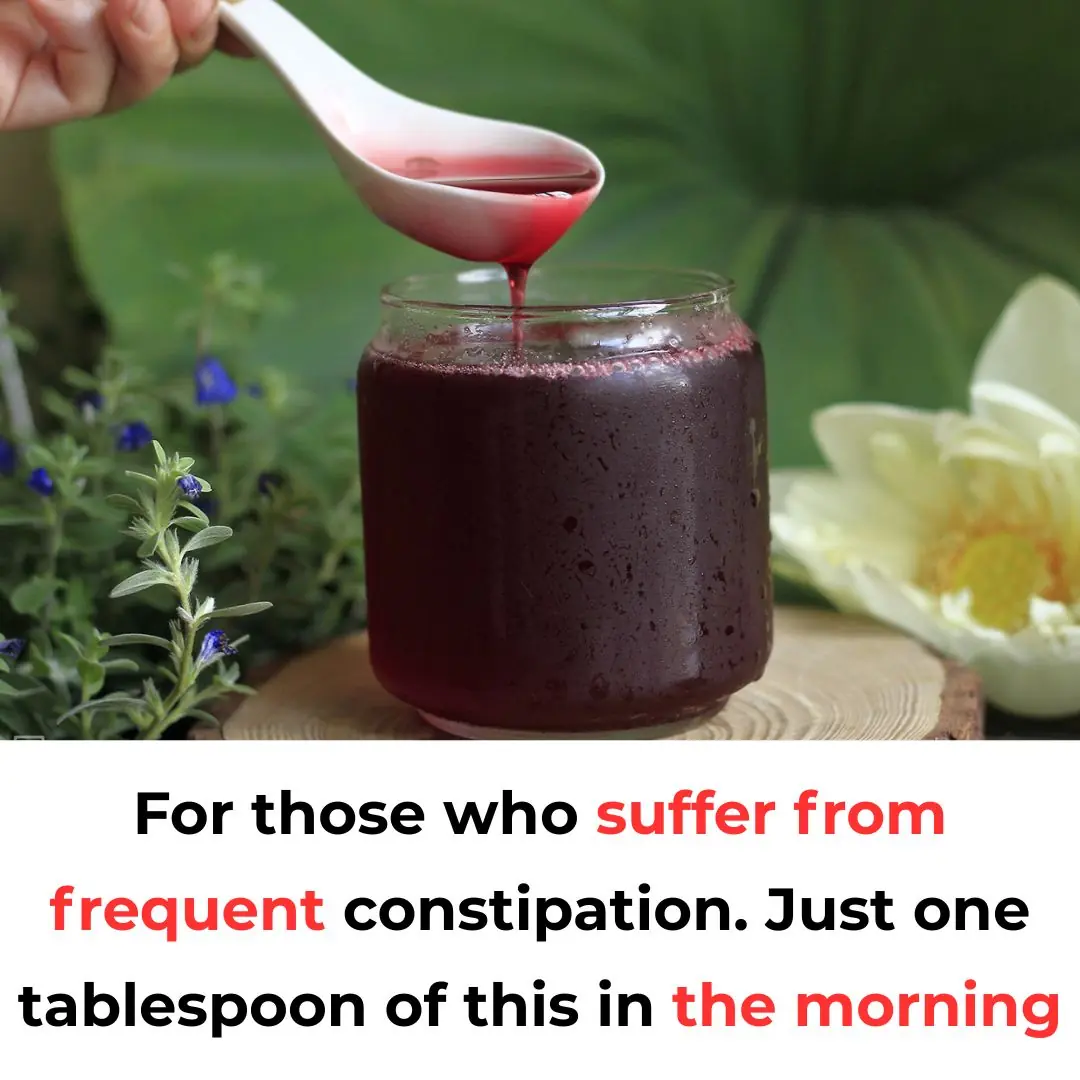
IF YOUR BODY SHOWS THESE EARLY WARNING SIGNS YOU NEED TO GET YOUR KIDNEYS CHECKED FAST
Our kidneys play a crucial role in our overall health. They are responsible for filtering toxins, balancing fluids, and regulating blood pressure. Unfortunately, kidney problems often go unnoticed until they reach an advanced stage. However, by paying attention to certain warning signs, we can detect kidney issues early and take preventive action. If your body shows these early warning signs, it’s time to get your kidneys checked fast.
One of the first signs that may indicate kidney issues is persistent pain in the lower back or side. The kidneys are located on either side of the spine, just below the ribcage. If you experience aching, dull pain or sharp, sudden discomfort in this area, it may be a signal that something is wrong. This pain can often be mistaken for muscle strain, but if it persists or intensifies, a visit to the doctor is essential.
Another warning sign to watch out for is changes in urination patterns. Healthy kidneys produce clear and frequent urine, but if you notice that your urine has become cloudy, foamy, or discolored, it could indicate the presence of protein or blood. Additionally, increased urgency to urinate, particularly at night, or reduced urine output may suggest that the kidneys are not functioning as they should. Any noticeable changes in your urine should not be ignored.
It is also important to monitor your skin. Dry, itchy skin is a common symptom of kidney dysfunction. As the kidneys fail to properly filter waste and excess fluids, toxins can build up in the body, leading to skin irritation. This condition can cause extreme discomfort and may become more pronounced over time. If you find yourself constantly scratching or developing rashes without an apparent cause, it could be related to kidney problems.
Swelling in the feet, ankles, or hands is another early warning sign of kidney issues. When the kidneys are unable to remove excess fluid from the body, it can accumulate in the lower extremities, leading to noticeable swelling. This swelling, known as edema, may also affect other areas of the body, including the face and abdomen. If you notice unexplained swelling or puffiness, especially in the mornings or after prolonged periods of standing, you should consult with a healthcare provider.
Fatigue and weakness are also common indicators of kidney problems. When the kidneys aren’t filtering properly, toxins can build up in the bloodstream, leading to feelings of tiredness and lack of energy. Anemia, a condition in which the body lacks enough red blood cells, is often a result of kidney disease, contributing to fatigue. If you find yourself feeling more tired than usual, even after a good night’s sleep, it’s worth getting your kidneys checked.
Lastly, high blood pressure is both a cause and a consequence of kidney problems. The kidneys help regulate blood pressure by managing the balance of fluids and salts in the body. If your kidneys are compromised, it can result in elevated blood pressure. On the other hand, high blood pressure can also damage the kidneys over time. Regular monitoring of blood pressure is crucial for early detection of kidney-related issues.
In conclusion, kidney health is essential to overall well-being. Paying attention to the early warning signs—persistent pain in the back, changes in urination, skin problems, swelling, fatigue, and high blood pressure—can help identify kidney issues before they become severe. If you notice any of these symptoms, it’s important to seek medical advice promptly. Early detection and intervention can prevent further damage and significantly improve outcomes, so don’t delay in getting your kidneys checked. Taking care of your kidneys today will ensure better health for tomorrow.
News in the same category

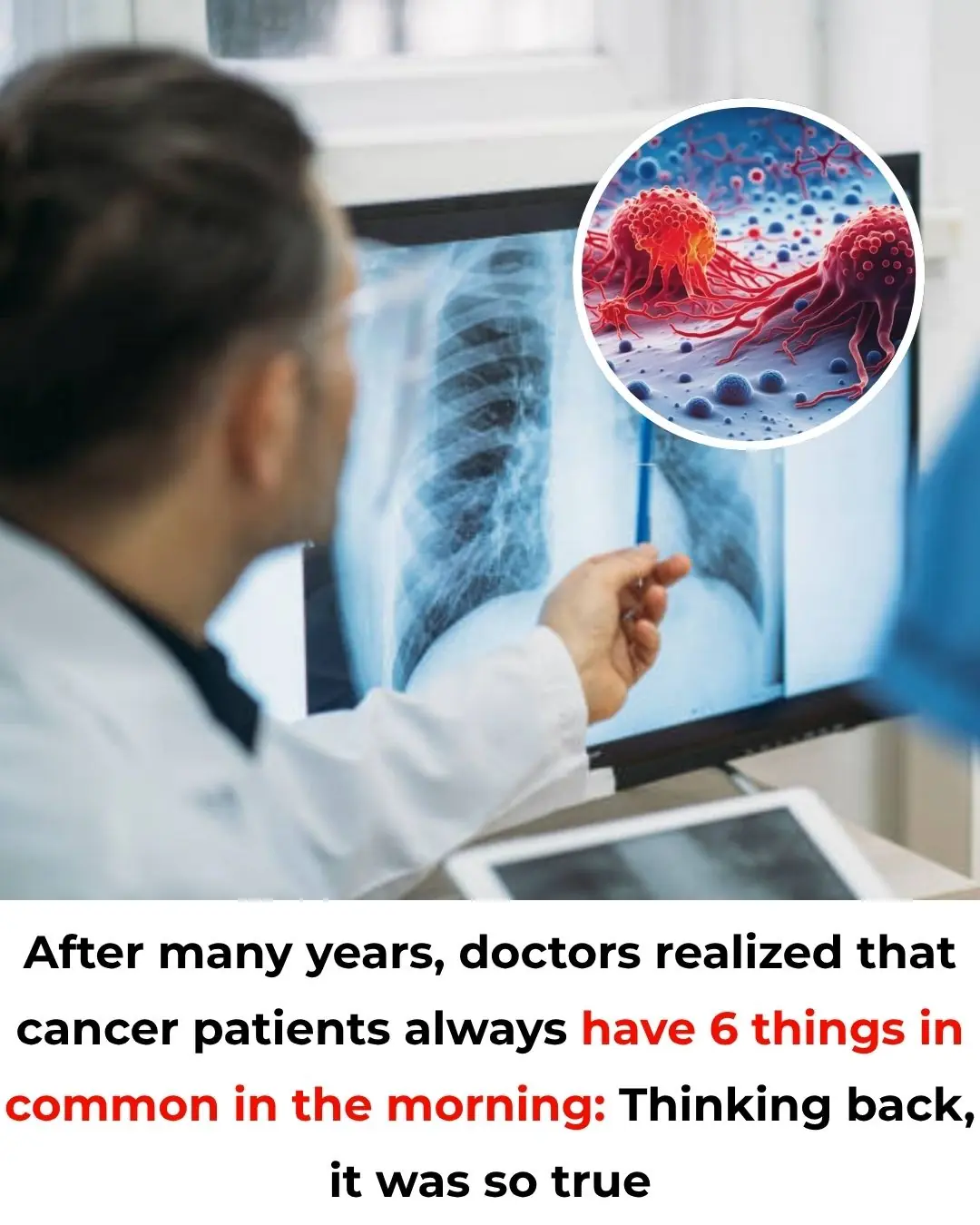
After many years, doctors realized that cancer patients always have 6 things in common in the morning: Thinking back, it was so true

36-year-old teacher died of diabetes despite not liking sweets, doctor said it was due to 4 dishes she loved

Drink this water once a day....

Find Eliminate Mosquito Bites in Just 2 Minutes with Zero Effort

Doctors reveal that eating boiled eggs causes in...See more

Researchers Reveal 5 Popular Foods Linked to Cancer That You Probably Eat Often

The Power of Castor Leaves: Nature’s Hidden Gift

Pineapple Water: A Refreshing Drink That Supports Your Health
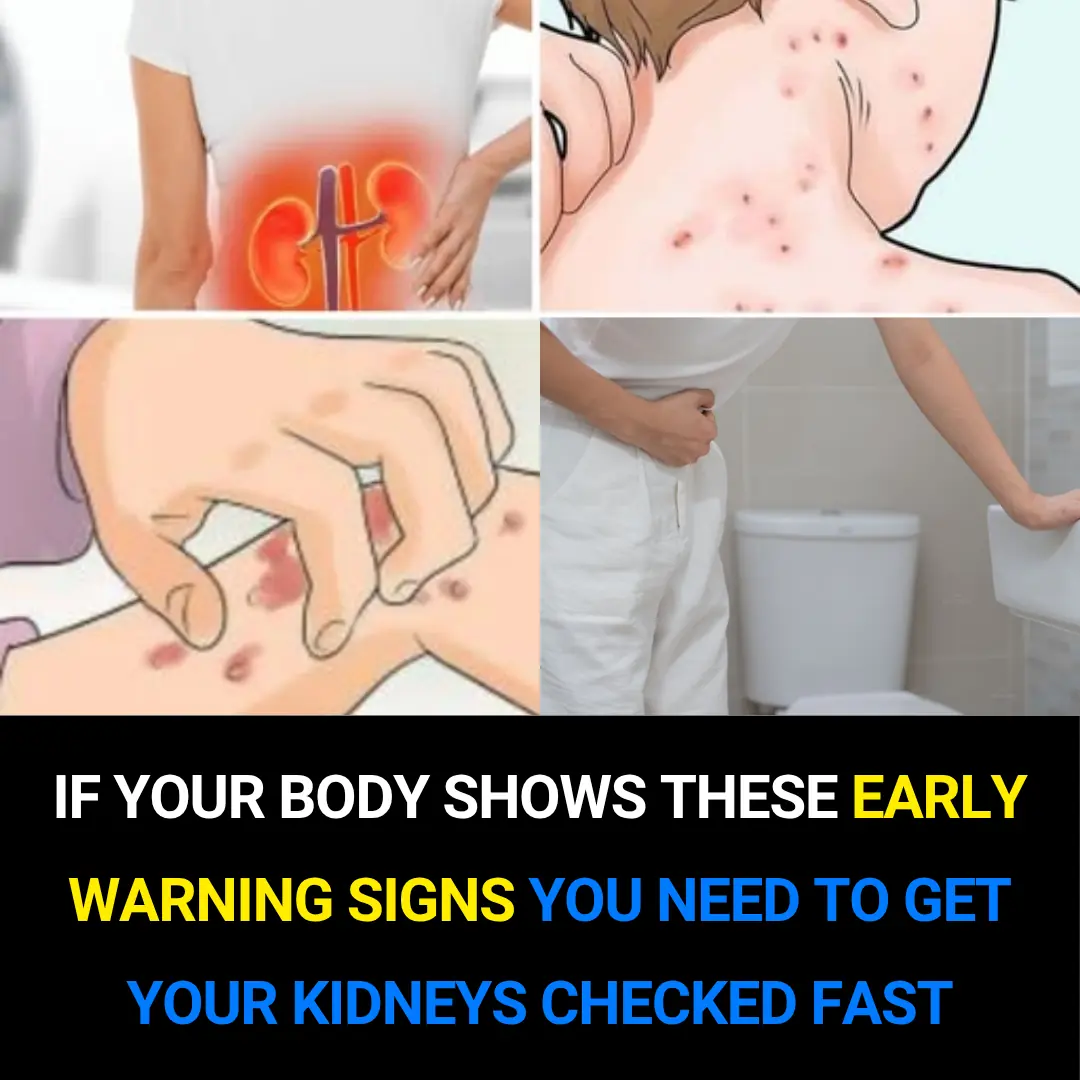
The Silent Threat: Recognizing Early Signs of Kidney Disease and Lifestyle Prevention

Baking Soda (Bicarbonate of Soda): Uses and Benefits (Science Based)

Benefits of Walking: Why Walking is One of the Best Forms of Exercise 🚶♀️
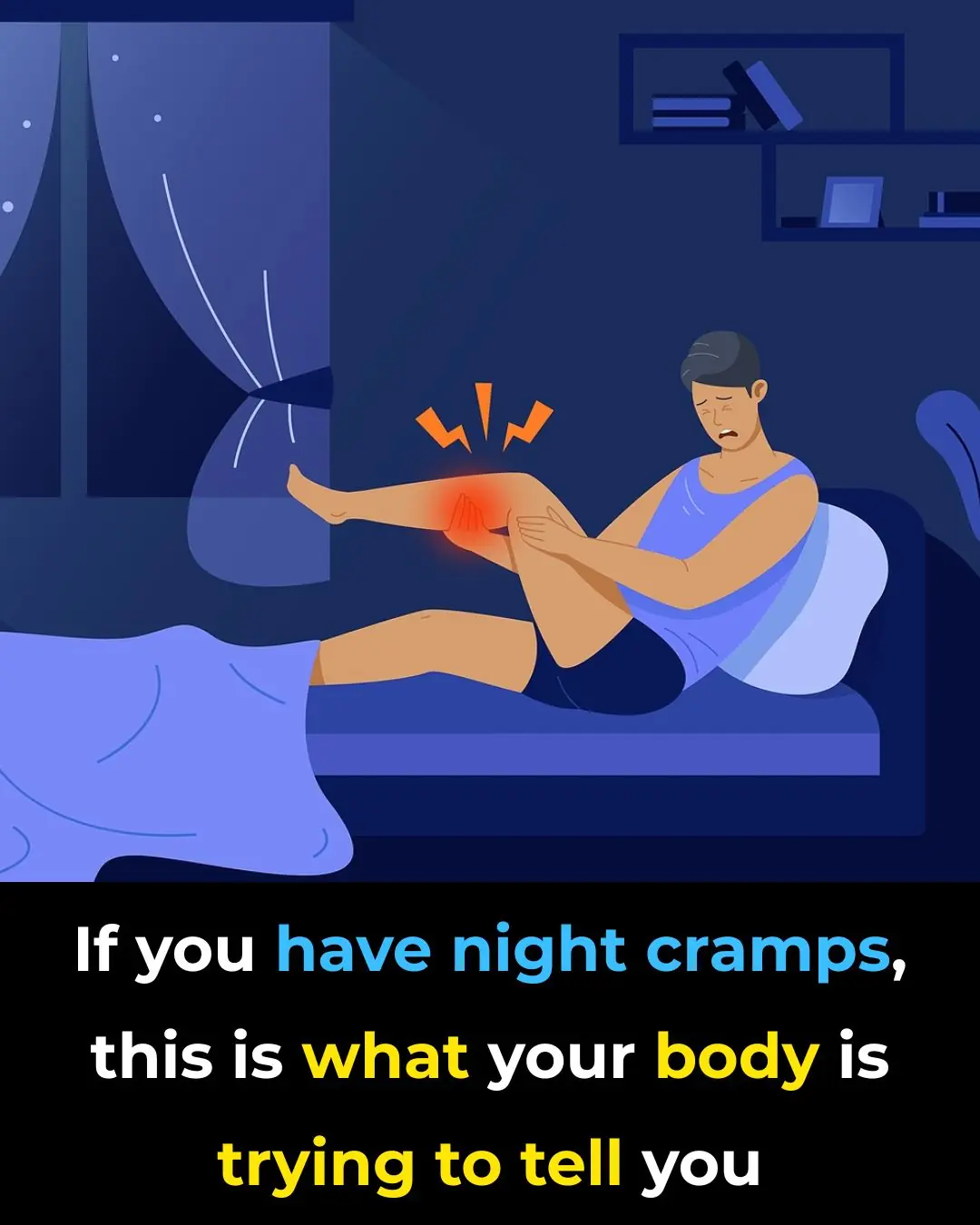
If you have leg cramps at night, it means you have..

Sarcopenia: Why do we lose muscle and how to fix it?

Top 11 Nutrients To Destroy Cancer Stem Cells
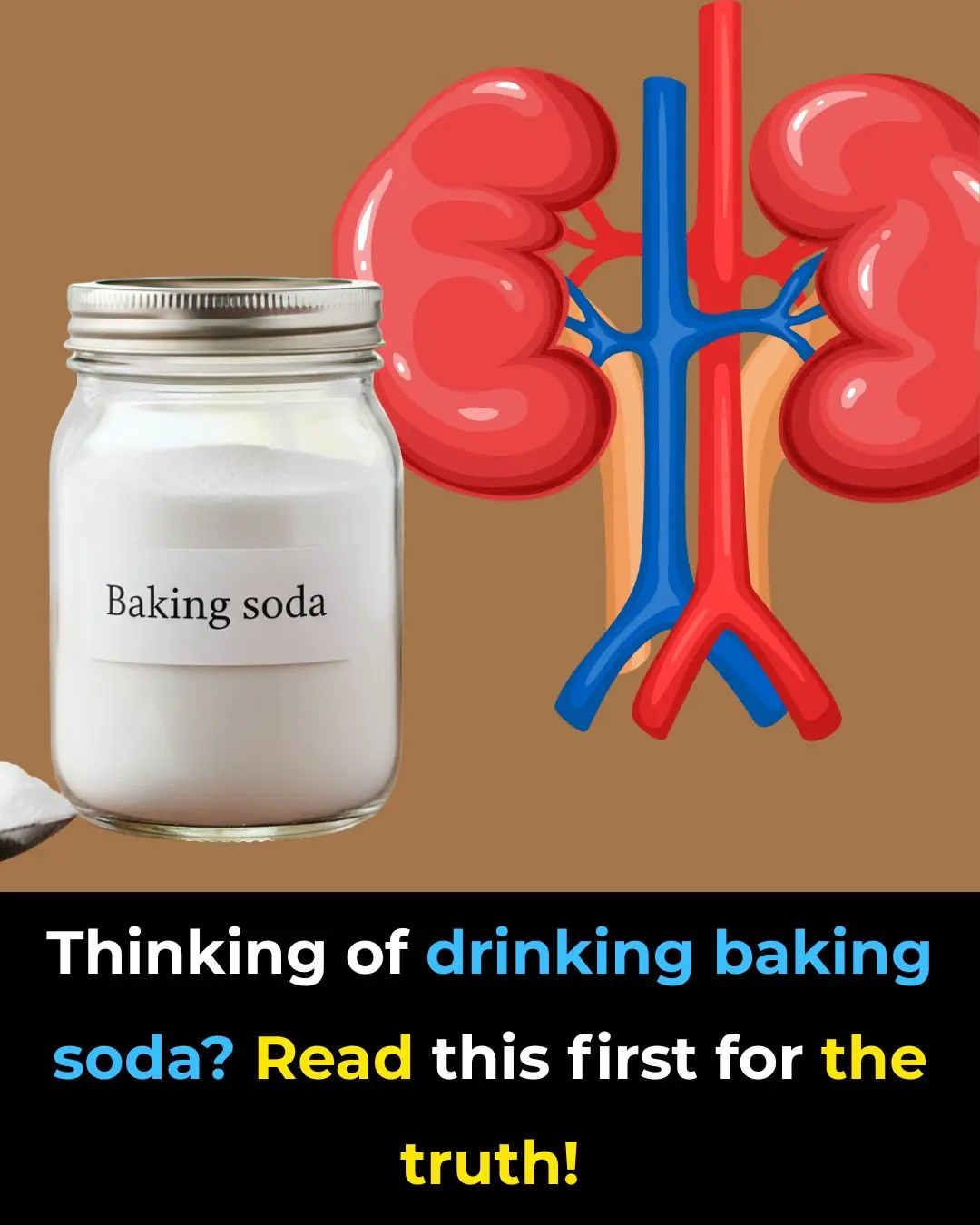
Thinking of drinking baking soda? Read this first for the truth!

Forget aspirin—this everyday fruit can help protect you from stroke and heart attack
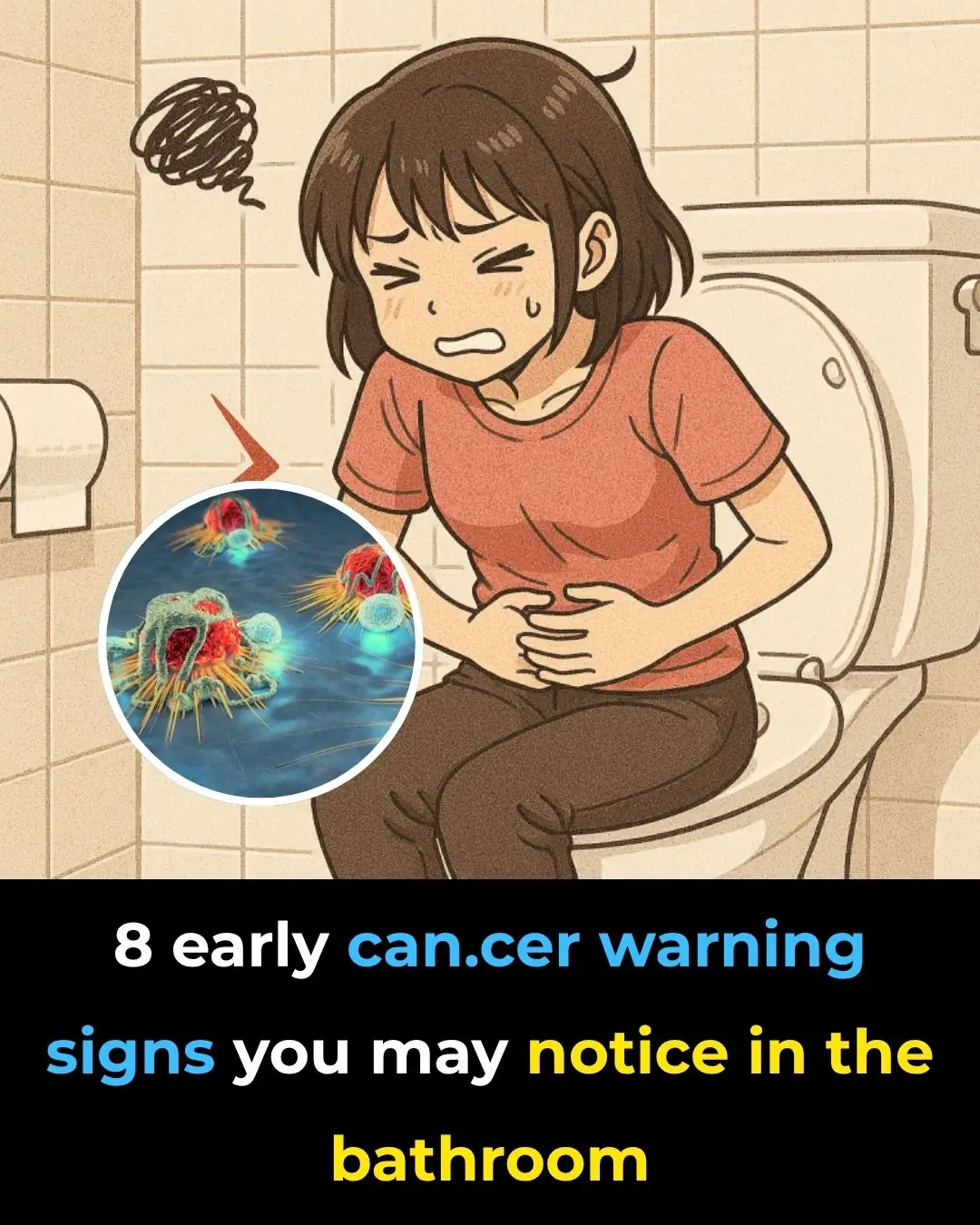
8 Sh0cking Toilet Clues That Could Signal Canc3r: Don’t Ignore Them!
News Post

🌿 The Powerful Detox Smoothie That Fights Fatigue, Improves Memory & Restores Vision
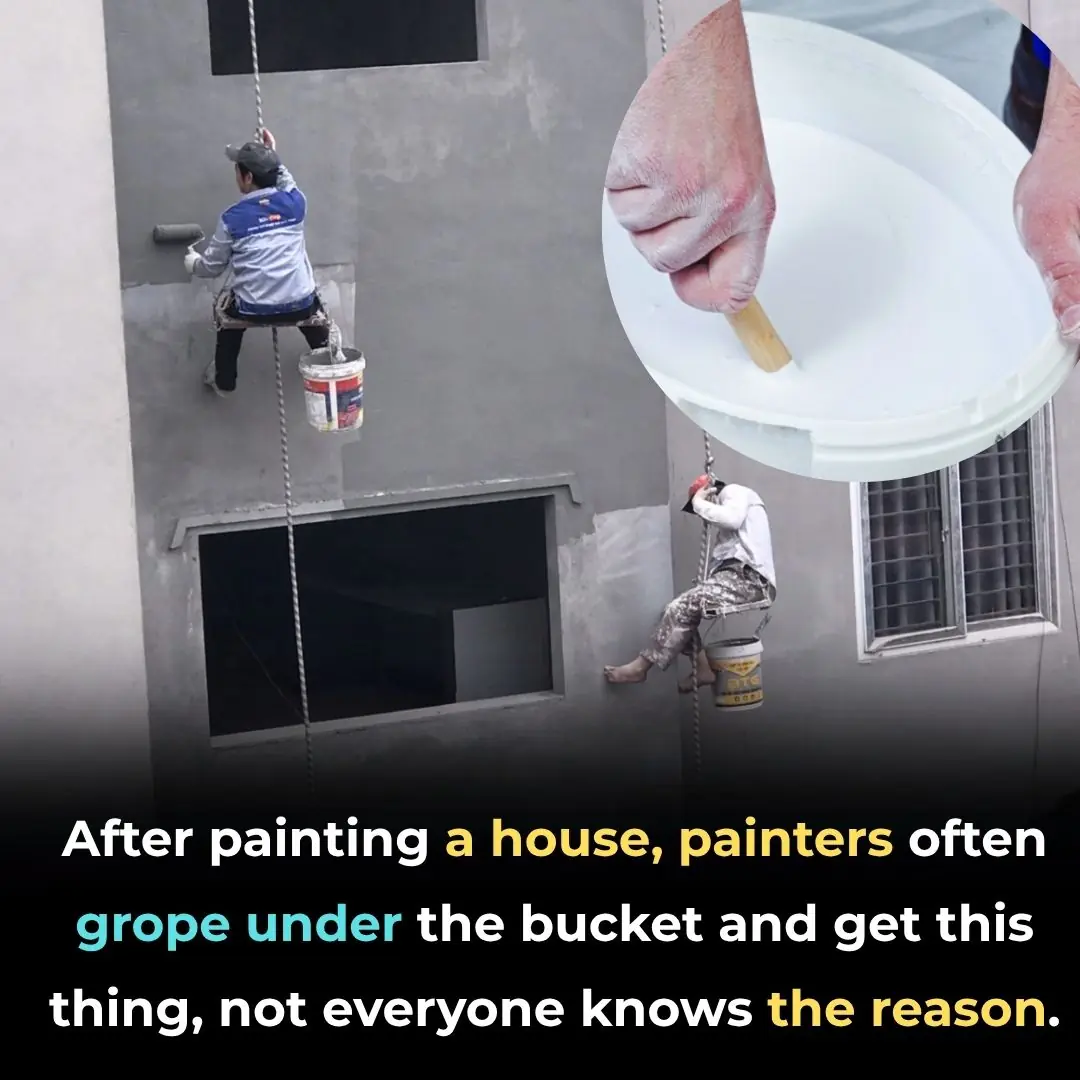
After painting a house, painters often grope under the bucket and get this thing, not everyone knows the reason

The Hidden Lemon Mistake Seniors Need to Know 🍋

🌿 Hair That Grows Like Magic in Just 2 Days! ✨ Rapid Hair Growth & Hair Loss Prevention
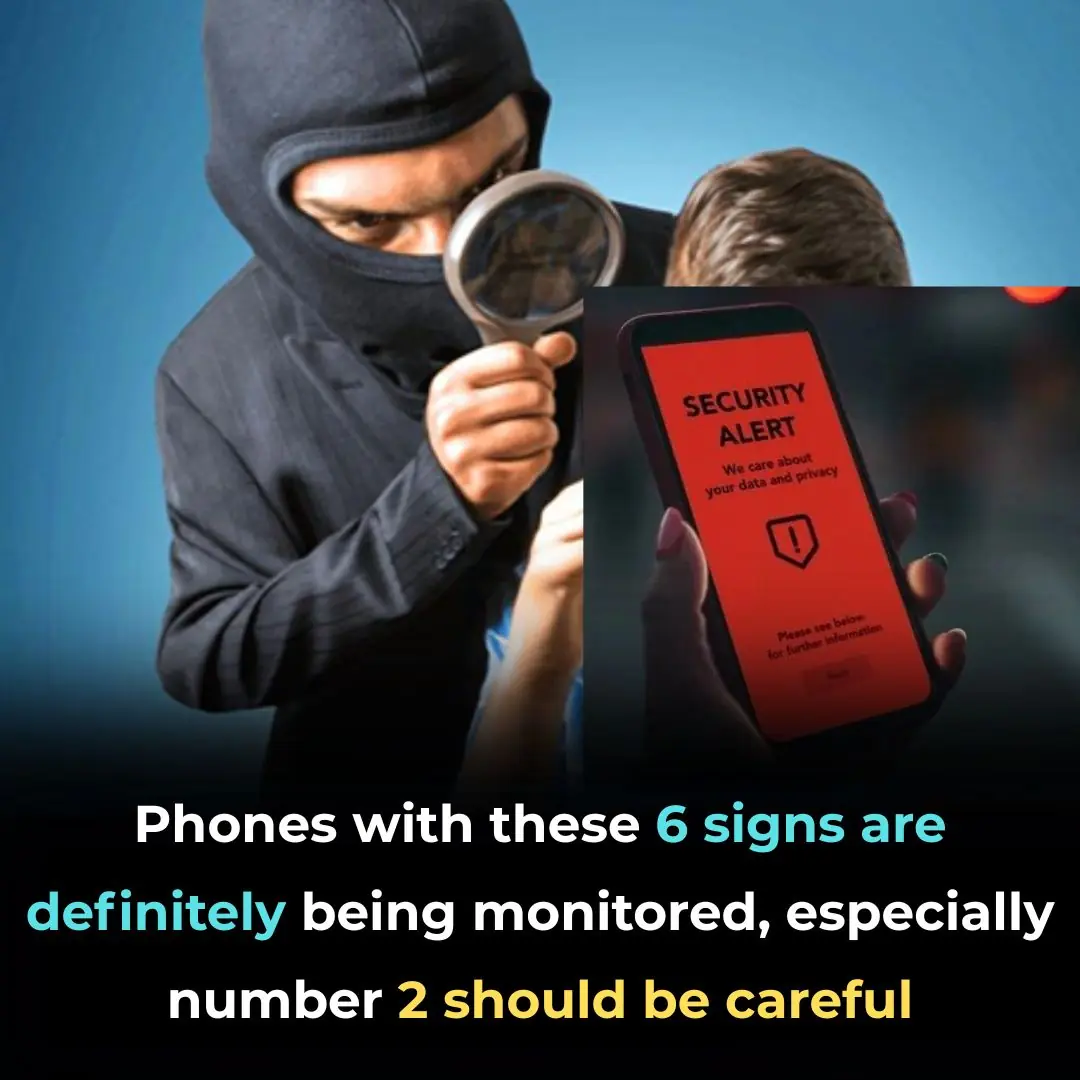
Phones with these 6 signs are definitely being monitored, especially number 2 should be careful
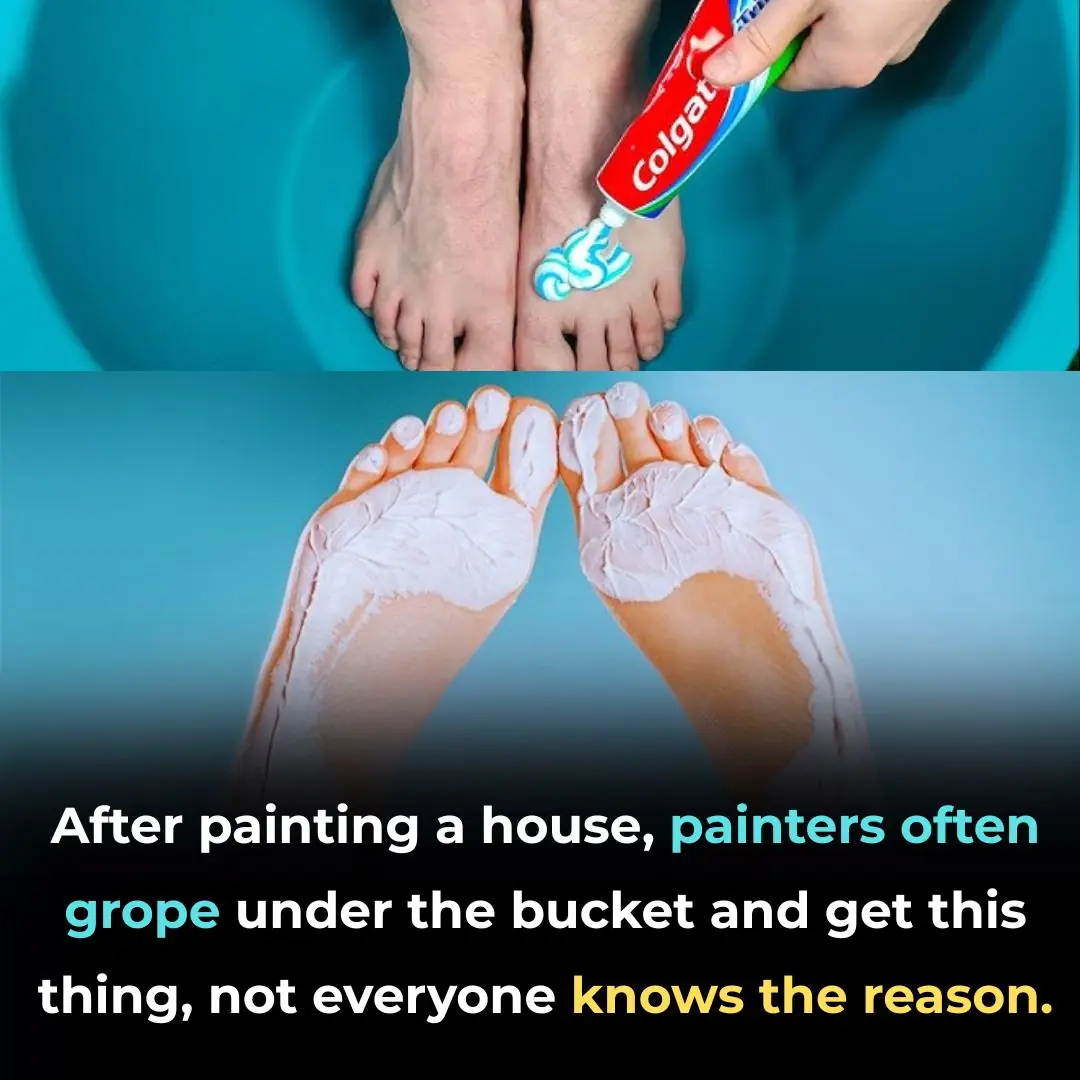
Why You Should Put Toothpaste on Your Feet

Old Doctors: Rosemary Oil Has a Secret 95% of Seniors Never Heard Of

How to Handle Earwigs in Your Home
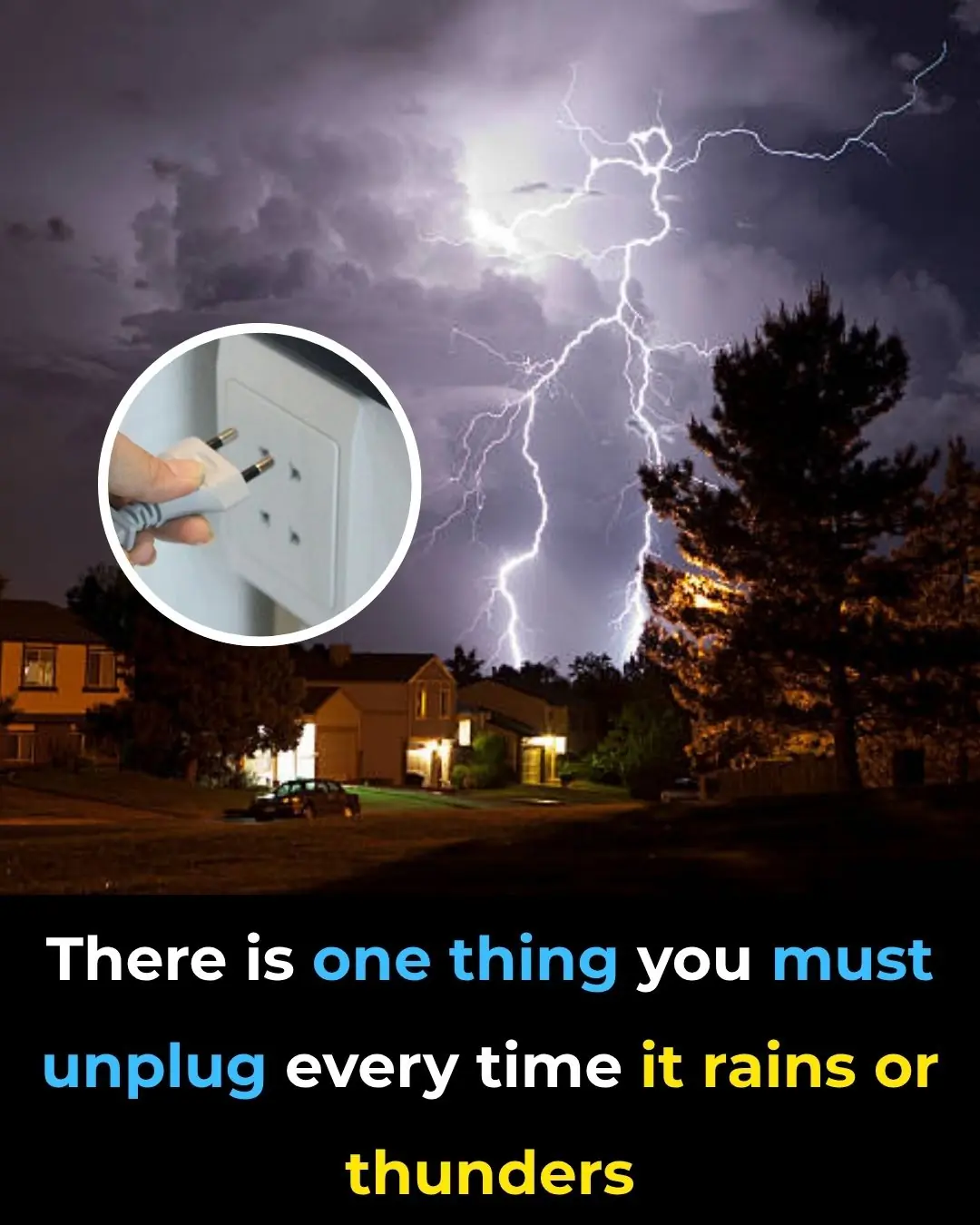
One Thing You Must Unplug During a Thunderstorm

Just One Spoon and You’ll Rush to the Bathroom to Flush Out All the Poop Stuck Inside You

Vaseline and Lemon: The Affordable Duo for Glowing, Healthy Skin
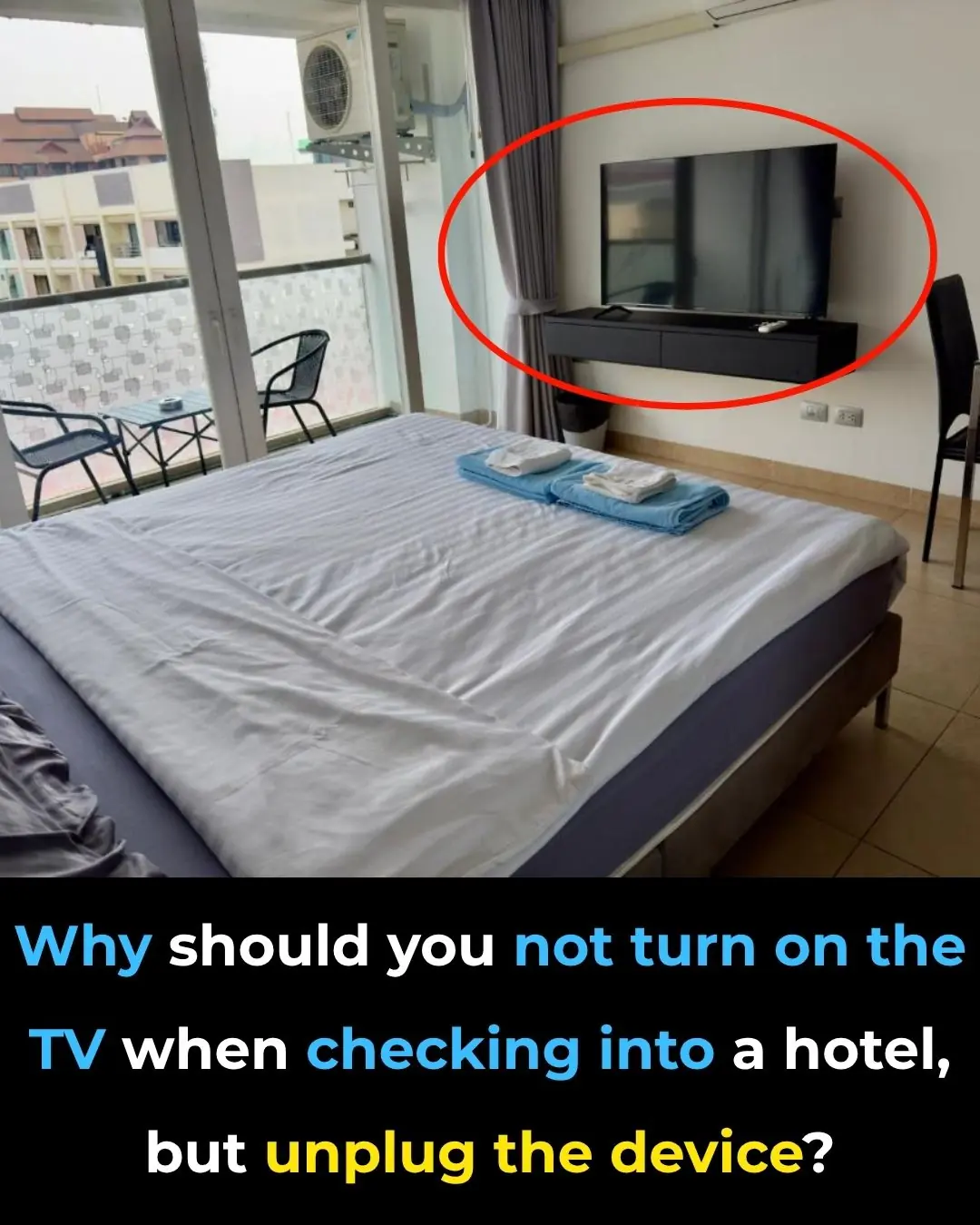
Do Not Turn On The TV When Checking Into A Hotel

Why You Should No Longer Store Milk In The Refrigerator Door

Corn Silk: The Hidden Health Treasure in Your Kitchen
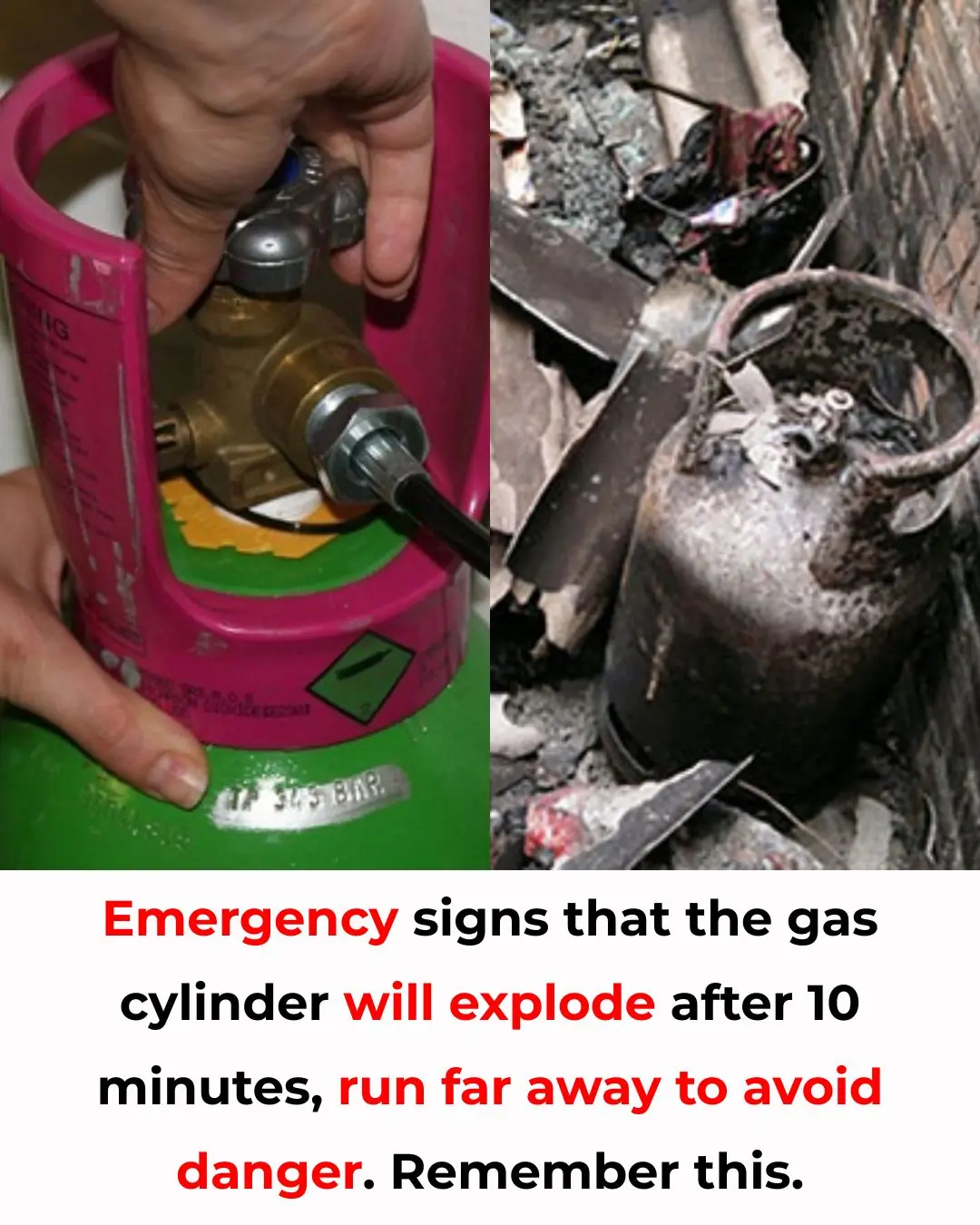
Emergency signs that the GAS CYLINDER will explode after 10 minutes, run far away to avoid danger. Remember this

Why is the left side of the gas stove not suitable for cooking?

Don't throw away sprouted potatoes, do it this way, the results are surprisingly good

After many years, doctors realized that cancer patients always have 6 things in common in the morning: Thinking back, it was so true

Vietnam has a "miracle drug" that fights cancer and prolongs life. You can find it at the market
